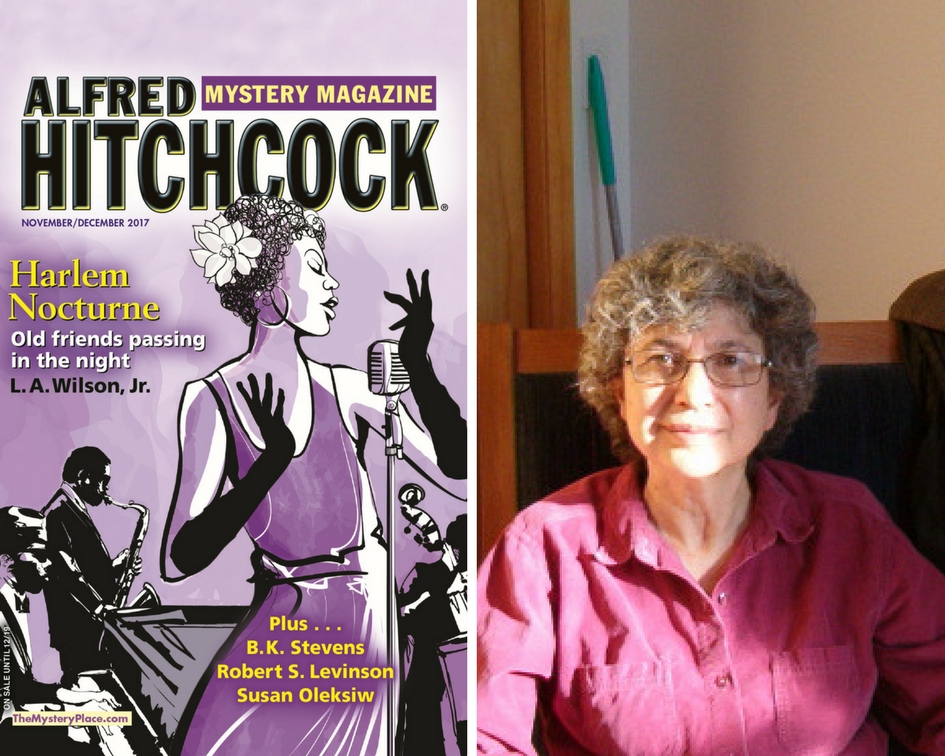In April 2015, B.K. Stevens debuted the blog series “The First Two Pages,” hosting craft essays by short story writers and novelists analyzing the openings of their own work. The series continued until just after her death in August 2017, and the full archive of those essays can be found at Bonnie’s website. In November 2017, the blog series relocated to my website, and the archive of this second stage of the series can be found here.
The Department of First Stories is one of my favorite features in Ellery Queen’s Mystery Magazine—the opportunity for the magazine to showcase new talent and for readers to get their first glimpse at writers who often have long and productive careers ahead of them. I felt fortunate to have made my own debut in this section of the magazine back in 1995, with my story “Murder on the Orient Express,” but I didn’t realize until more recently what an honor it really was. A feature by Marvin Lachman celebrating EQMM‘s 75th anniversary listed many of the most famous alumni of the Department of First Stories, including Charles Ardai, Laura Benedict, David Dean, Brendan DuBois, Martin Edwards, Stanley Ellin, Jack Finney, Harry Kemelman, William Link & Richard Levinson, David Morrell, Nancy Pickard, and James Yaffe, among many others.
Add to that list Gemma Clarke, whose first published story, “Last Call,” appears in EQMM‘s July/August issue—and it’s a doozy. While this is Clarke’s first piece of fiction, she’s had a long career as a journalist, particular in writing about soccer for various publications in England. You can find out more about her work at her website: www.gemmaclarke.net/
Please use the arrows and controls at the bottom of the embedded PDF to navigate through the essay. You can also download the essay here to read off-line.
Clarke Last Call


Terrific beginning – I want to read the rest. Also, the essay/explanation resonated with me–big time. I wrote my first book because a newspaper story outraged me, and I wanted to change the ending,to let the woman win and the bad guy get what he deserved. Now, I’m wondering how many people start writing fiction, mysteries in particular, because they want to change the ending.
Thanks for chiming in, Patricia! And interesting to hear about your desire to change the ending of the newspaper story–good motivation!